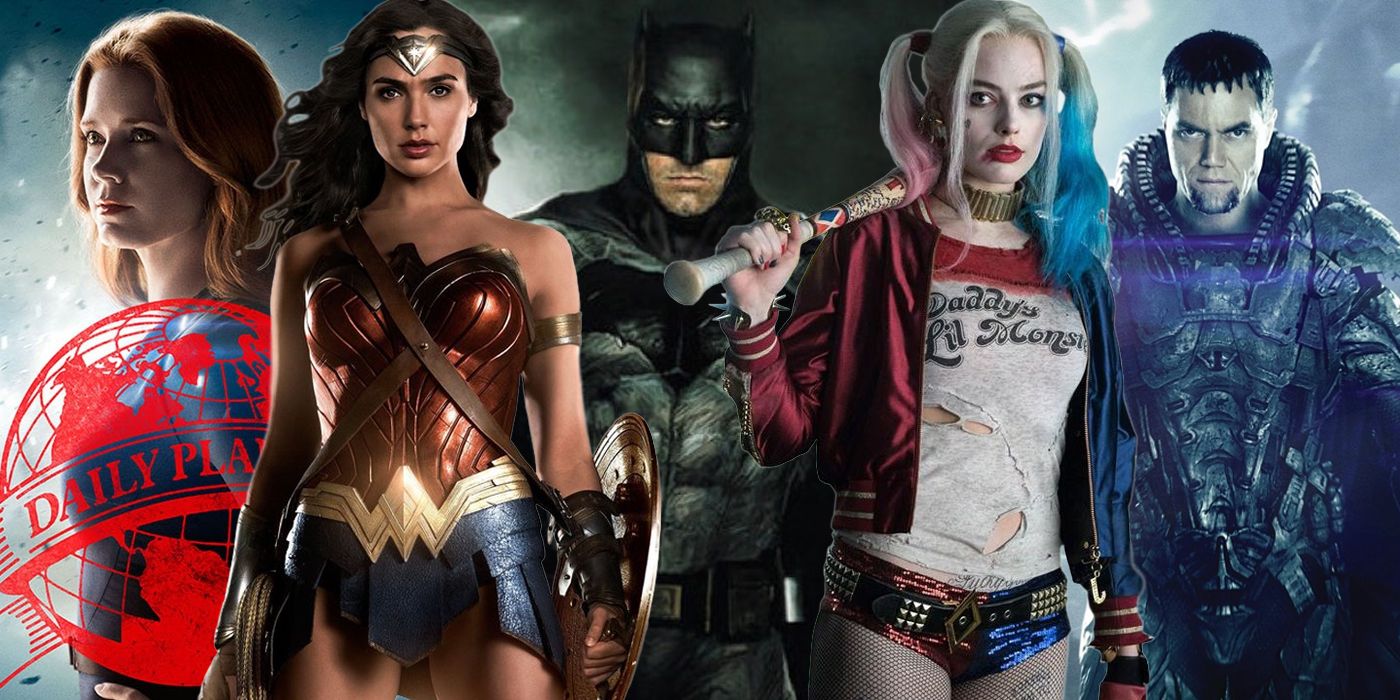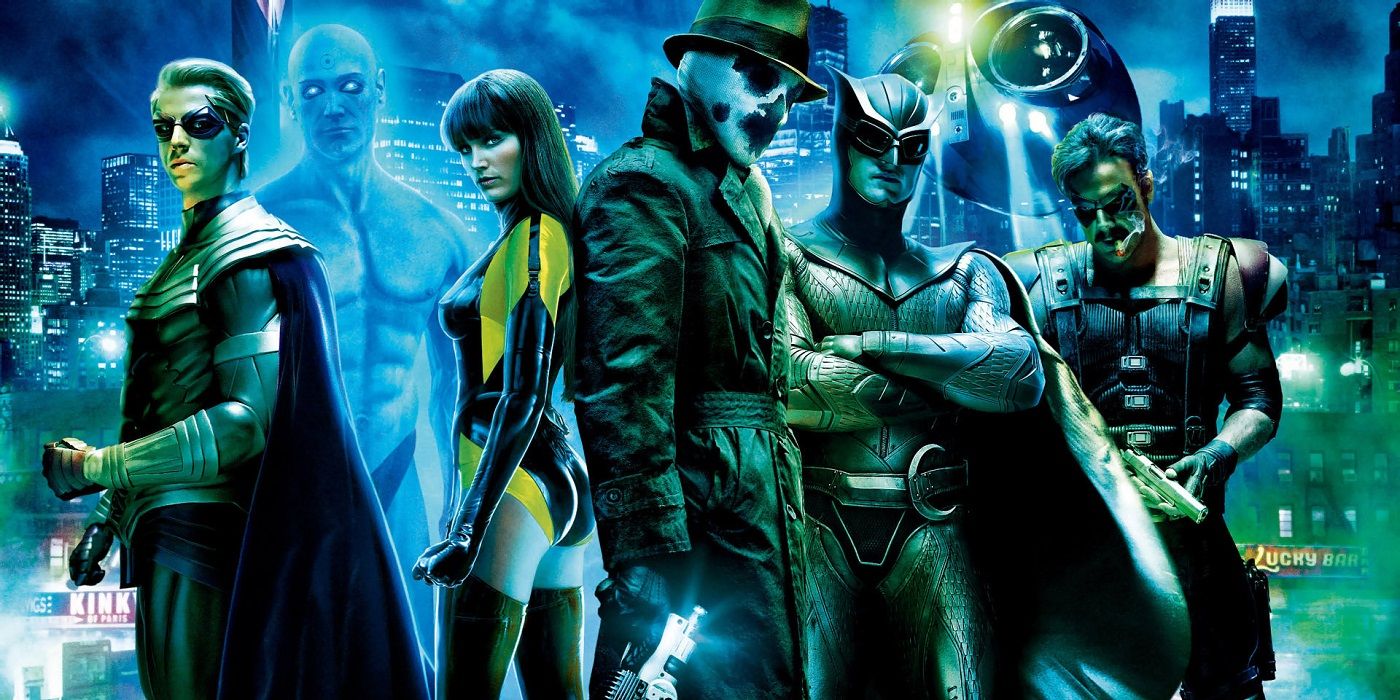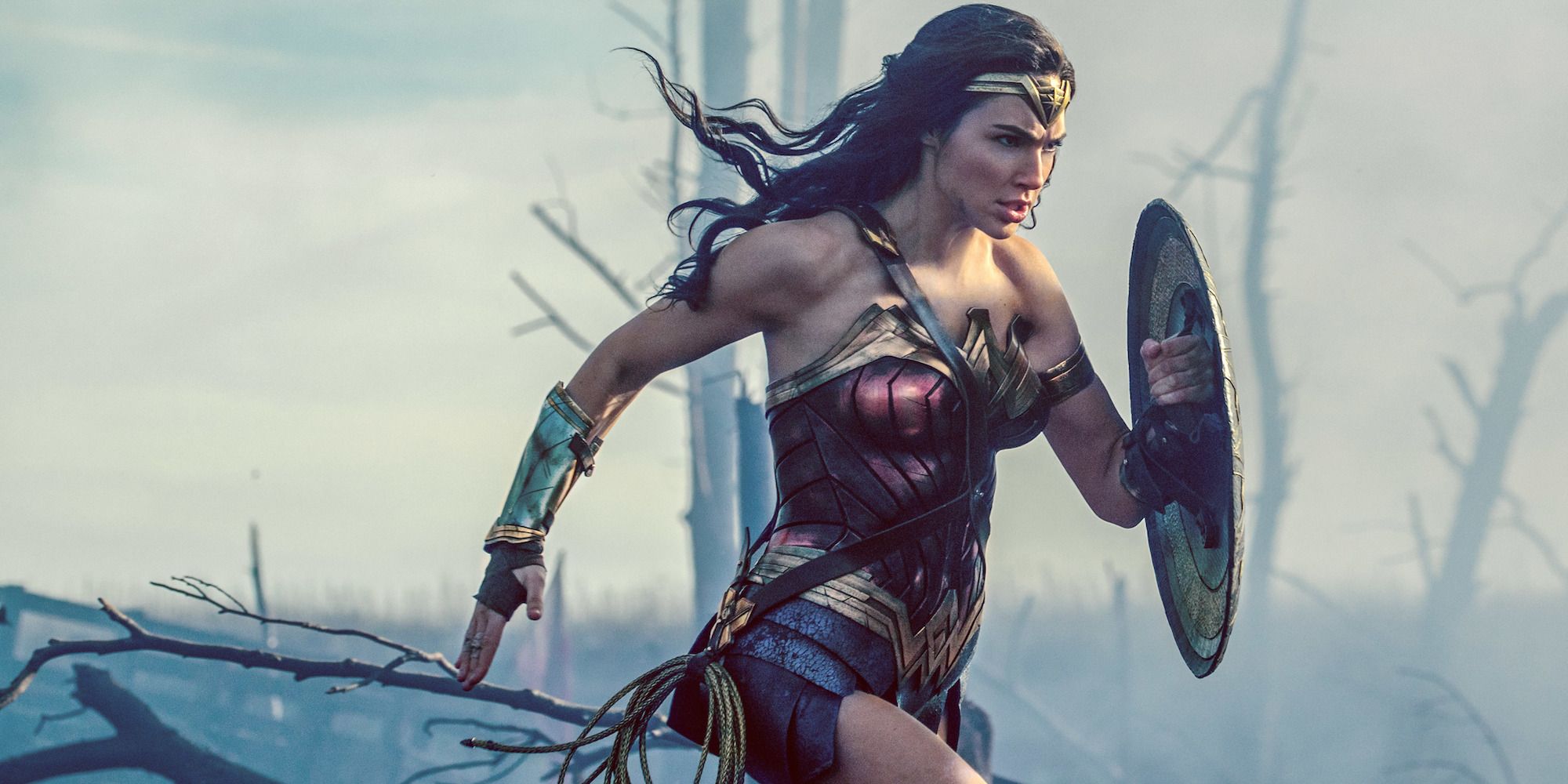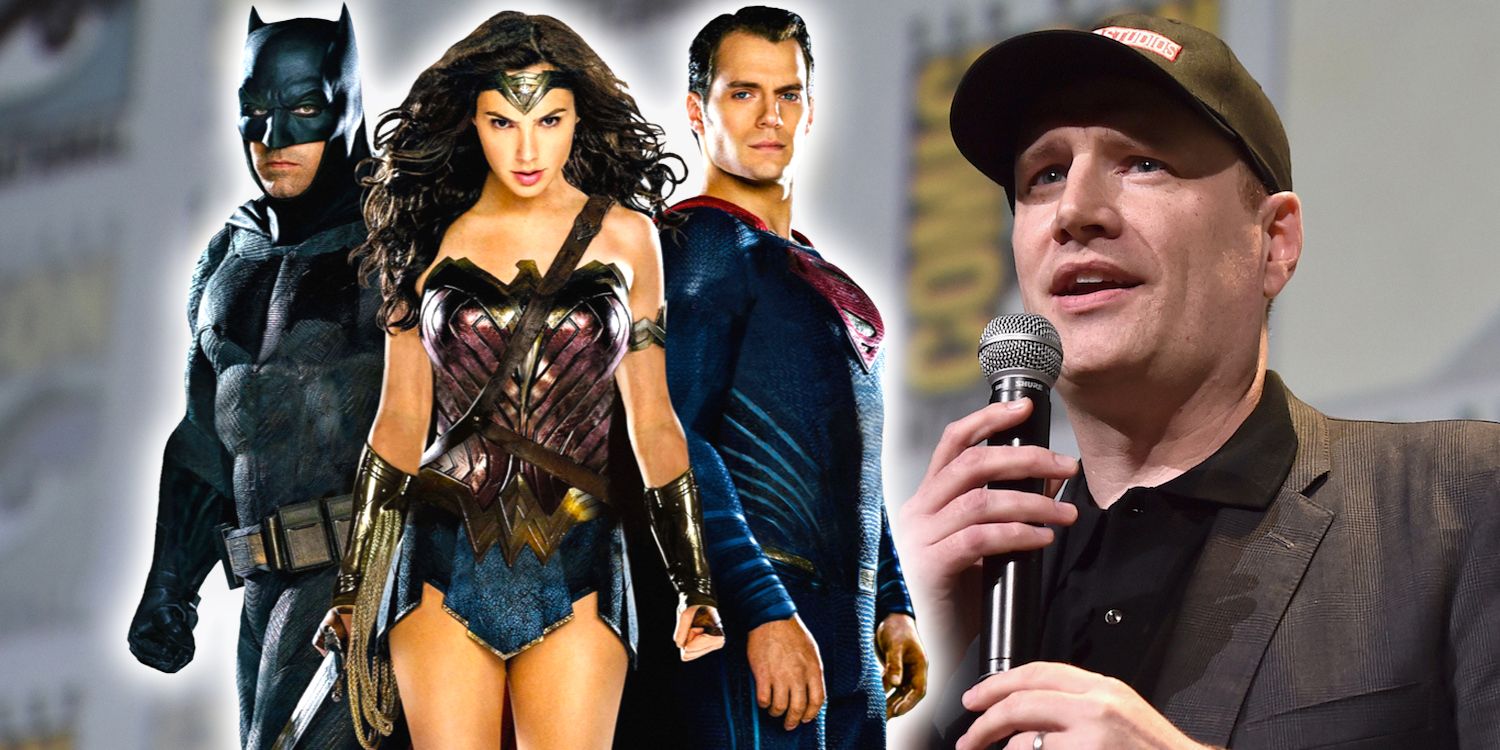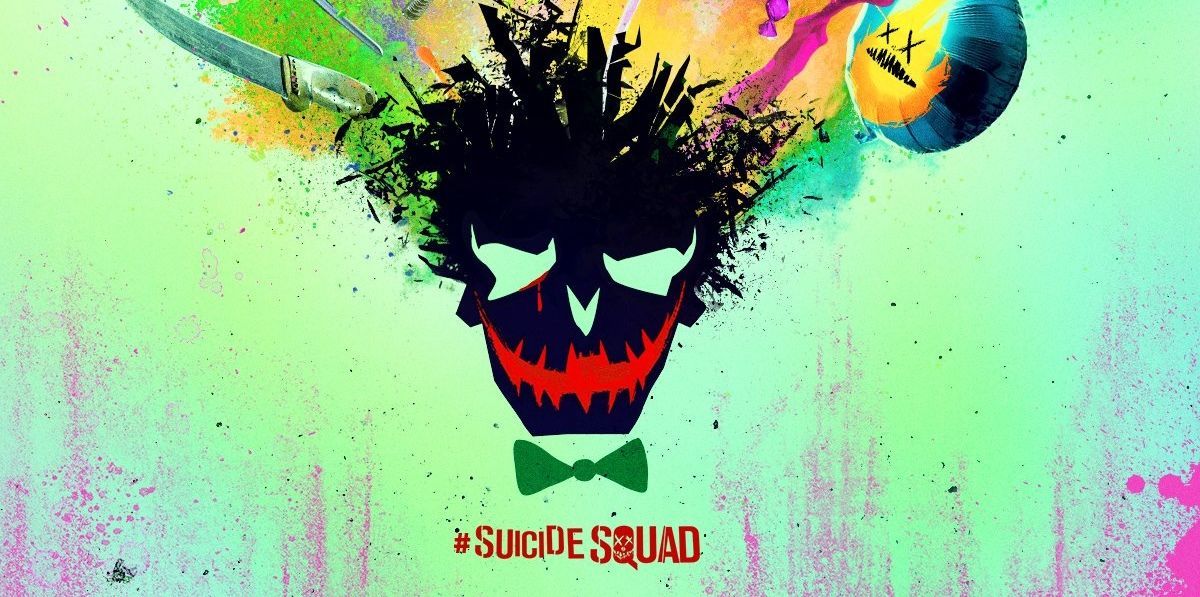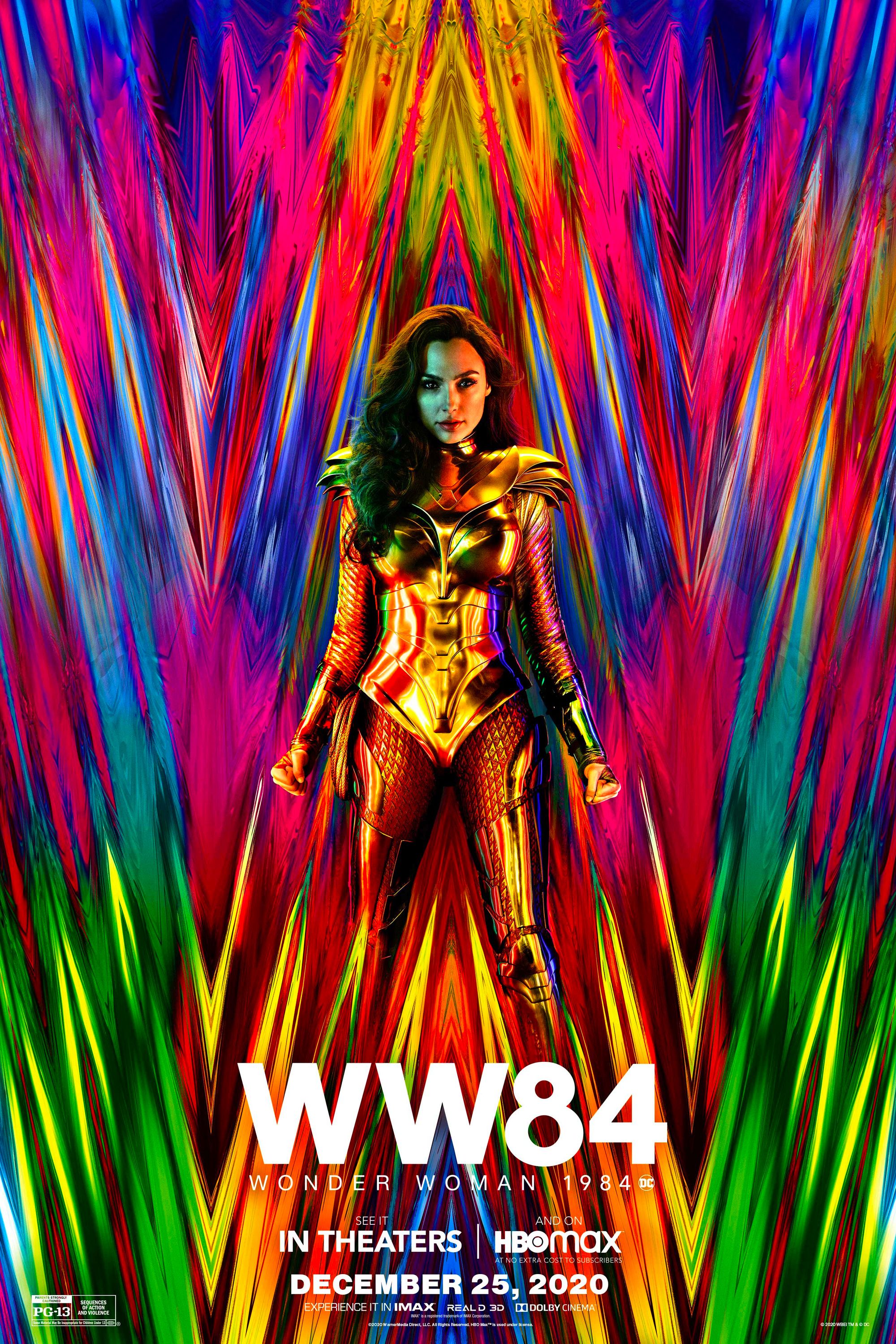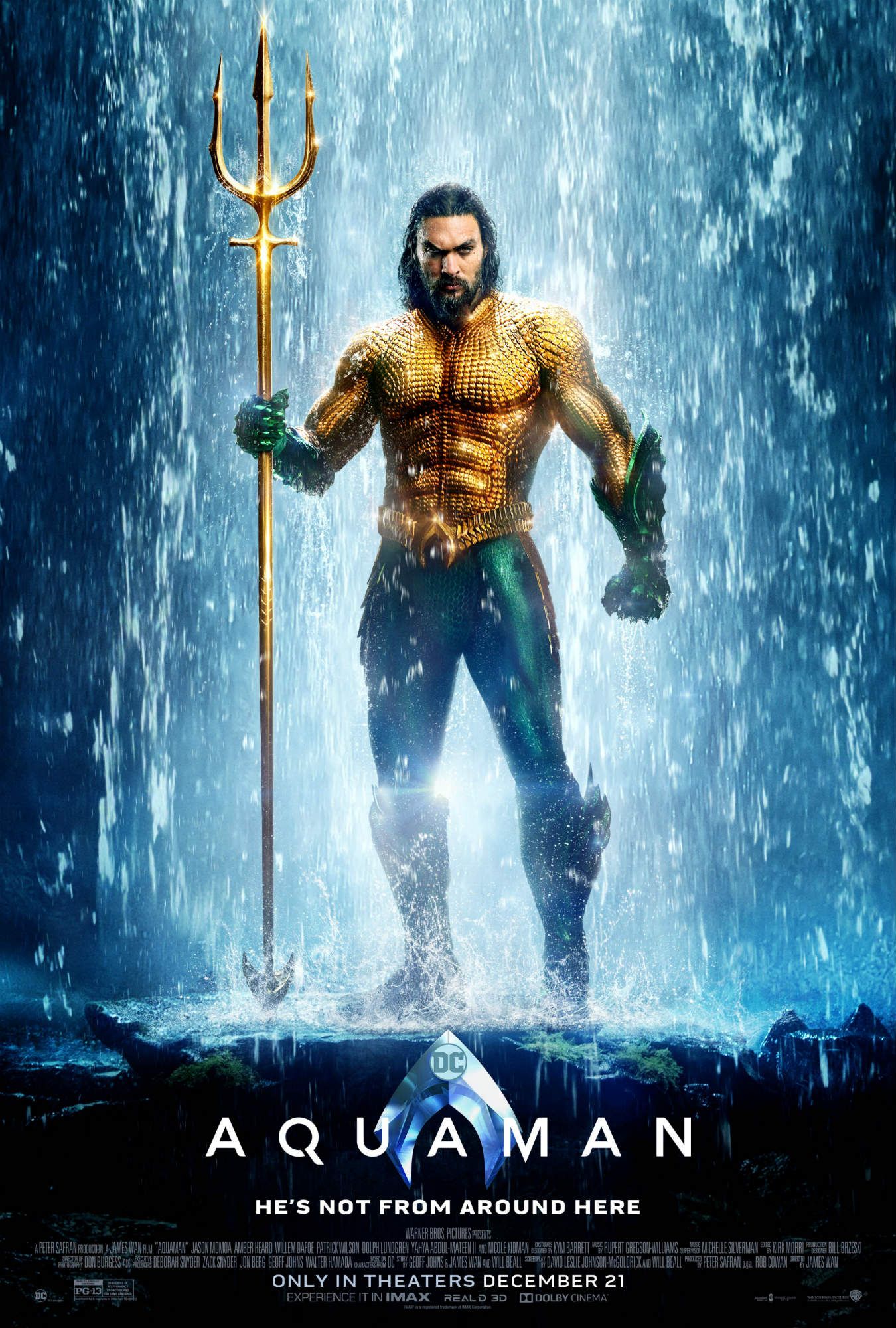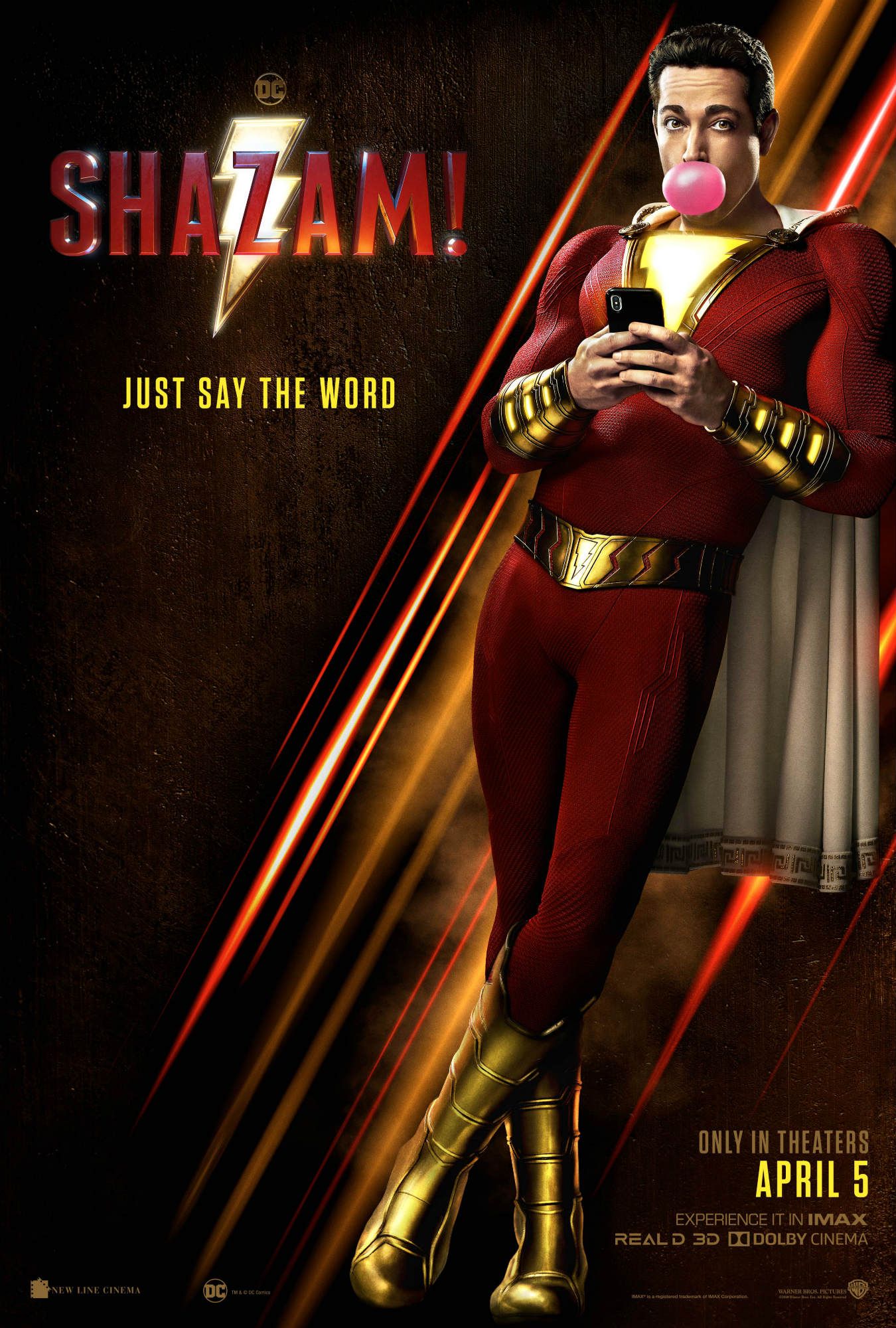The DC Extended Universe has had a shaky start, but while many will write it off, it's not actually too late for it to become a major franchise hit. The DCEU (or whatever you choose to call it) officially kicked off with 2013's Man of Steel. The franchise has had something of a bumpy start, with Batman v Superman: Dawn of Justice setting up a false dichotomy between fans and critics. Now, Justice League's disappointing box office performance has proved that casual audience interest has petered out.When put against Marvel it certainly looks bad, but it's not too late for this franchise to win back viewers and become box office gold.Related: What Future DC Movies Are Actually Coming Out?
Abandon The Watchmen Factor
Back in the '80s, Alan Moore and Dave Gibbons released Watchmen. The series was a deconstruction of modern superheroes, and it set the pattern for the next two decades of DC Comics. It also had a profound impact on Zack Snyder. As he explained in an interview with Entertainment Weekly, the way it brought heroes into the real world changed his view on the genre.
The director obviously directed the big screen adaptation, and he repeated the same approach with his DCEU films; each one of his movies was an unashemed real-world breakdown of the iconic hero. Ironically, he was doing so at the very moment DC Comics finally chose to ditch the Watchmen influence. Under the leadership of Geoff Johns, DC initiated their latest relaunch, the tremendously popular "Rebirth." The new comics have emphasized purer character arcs and relationships, returning to a more traditional comic book approach.
Justice League's box office performance may not have been everything DC hoped for, but the film's ethos is actually a step in the right direction. It takes the time to breathe, setting up strong character dynamics between the different heroes. Perhaps the most entertaining of all was the friendship between Batman and the Flash, with the Dark Knight acting as a mentor to the youthful super-speedster. Not all of the relationships worked, of course - the strange, semi-flirtatious interaction between Batman and Wonder Woman struck a decided off-note - but the focus was right.
It doesn't have to be upbeat per se, but the DCEU needs to embrace what makes these heroes such longstanding genre staples, giving audiences at least something of what they're expecting.
Embrace Your Successes
It's tempting to focus on the DCEU's failures, but the reality is that this franchise has had some tremendous successes. Most notably, a lot of its casting has been spot on; Margot Robbie's Harley Quinn and Gal Gadot's Wonder Woman especially. DC Films need to take stock of those successes, ensuring they're repeated but also maximizing those actors' potential.
Related: The 4 Different Harley Quinn Movies Explained
There are promising signs. Margot Robbie is already signed up for a number of DC movies, including Suicide Squad 2 and Gotham City Sirens. The latter is the most exciting opportunity for DC, given the film is set to include both Harley Quinn and her lover, Poison Ivy. That relationship has proved a touching one in the comics, one of DC's few prominent lesbian romances. With the right crew behind it, the film could be a tremendous success, as well as a bold step forward for DC Films in terms of representation.
Meanwhile, Patty Jenkins is already on board to write and direct Wonder Woman 2. The first film is the biggest film in the franchise domestically and is noteworthy in the series for mostly ignoring the character beats set up in the other films; Jenkins's focus seems to be on continuing her character's story of hope, setting aside the more downbeat interpretation established by Snyder. This shows a willingness on DC's part to do what's best for the movie at hand. Wonder Woman's proven so popualr, in fact, there's some who argue it would have been more prudent for Justice League to focus more on Diana.
The DCEU Needs A Proper Gameplan
Marvel has one great advantage, and his name is Kevin Feige. Feige is a producer visionary, almost single-handedly building the MCU into what it is today. He's responsible for so many great creative choices, although what's important is how forward-thinking he is. Unfortunately, Warner Bros. has failed to take the same kind of approach.
This has led to compounded problems. Production began on Justice League only a week after the theatrical release of Batman v Superman, giving the studio no chance to adapt. As a result, they tried to do a course-correction while production was in progress. Similar issues caused major problems with Suicide Squad, and now it's been reported DC has had another post-Justice League restructure.
Related: What Future DC Movies Are Actually Coming Out?
It's time for DC to get an overseer and commit to a given direction. There's been a lot of talk of filmmaker freedom, but these corporate shifts haven't allowed that in most cases; Patty Jenkins fought her corner for Wonder Woman, and the result was easily the DCEU's best offering to date. Thankfully, the latest restructure may offer some of this stability, with it happening before production has begun on the next DC movies. The studio seems to have realized that pivoting during production is damaging. Now they just need to commit to a direction, choose their directors, and trust them to make the best films.
The DCEU Needs Stronger Marketing
It may not have been a hit with the critics, but Suicide Squad did incredibly well at the box office. Why? Because it had one of the strongest, most memorable marketing campaigns we've ever seen for a superhero film. The trailers were fun, upbeat, and enthusiastic. They made use of music in a way similar - but noticeably brand unique - to Guardians of the Galaxy. They were reinforced by unusual, amusing touches, including a UEFA EURO 2016 bid of all things. Every poster was carefully designed to fit in with the marketing campaign's overall theme.
Contrast this with Justice League. The marketing struck an off-note right from the start, promising to "unite the seven"; the final film only featured six superheroes. The trailers lacked a consistent style and tone. Worse, they didn't so much reveal the film's plot as offer a succession of disjointed scenes. They communicated the base-level concept ” a group of superheroes unite against a major villain ” and nothing more.
When we're talking mainstream audiences, a strong campaign is essential for appealing to the mainstream audiences. Fans will see a new movie regardless, so trailers just need to build the hype. However, for the majority of viewers, a harder sell is needed. On the fan side, though, it's essential that Warner Bros. get a handle on the DCEU's PR. The studio has seemed to be plagued by rumors and leaks of upcoming projects, and execs have struggled to control the narrative; with Justice League, there's confusion over how the reshoots altered the film and how it's altered the plan, with little official studio word to stop the panic.
-
The reality is that the DC Extended Universe has just as much potential as its rival Marvel Cinematic Universe, if not more. It includes some of the most powerful pop culture icons of all time, not to mention an neverending stream of movie-worthy stories; the worlds DC has access to are beyond anything we've seen on the big screen to date. There's literally no reason the DCEU can't win casual viewers back; it just involves making the right creative choices, and then putting together strong marketing campaigns to support top-quality films.
Next: Warner Bros. Doesn't Adjust Film Slate in Response to Justice League

